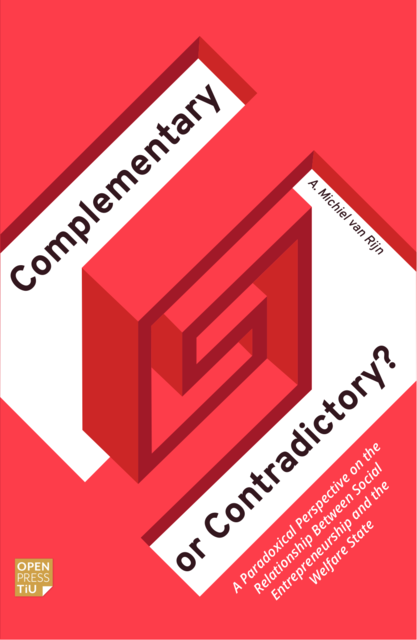Table of Contents
1. Introduction
Setting the scene: Social entrepreneurship and the welfare state
Concept clarification
Context matters: Institutional perspectives on social entrepreneurship
The scientific relevance of this dissertation
Data and methods
Outline of this dissertation
2. For Self-interest or Helping Others? Exploring how occupational class and welfare state strength influence entrepreneurship preferences
Introduction
Theoretical framework
Data and methods
Results
Robustness checks
Discussion
Conclusion
3. Crowding-in or Crowding-out? A welfare state perspective on the social orientation of commercial and social entrepreneurs. 67
Introduction
Theoretical background and hypotheses
Data and methods
Results
Discussion and conclusion
4. Symbiosis or Discord? Exploring how government interventions and societal problems influence the prevalence of organizational forms of social entrepreneurship
Introduction
Theoretical framework
Data and Methods
Results
Conclusion
5. To Prove and Improve: An empirical study on why social entrepreneurs
measure their social impact
Introduction
Theoretical framework
Data and methods
Results
Conclusion and implications
6. Conclusion: The paradox of the welfare state and social entrepreneurship
Summary of the main findings
Implications: The welfare state and social entrepreneurship paradox
Limitations and suggestions for further research
Final thoughts


